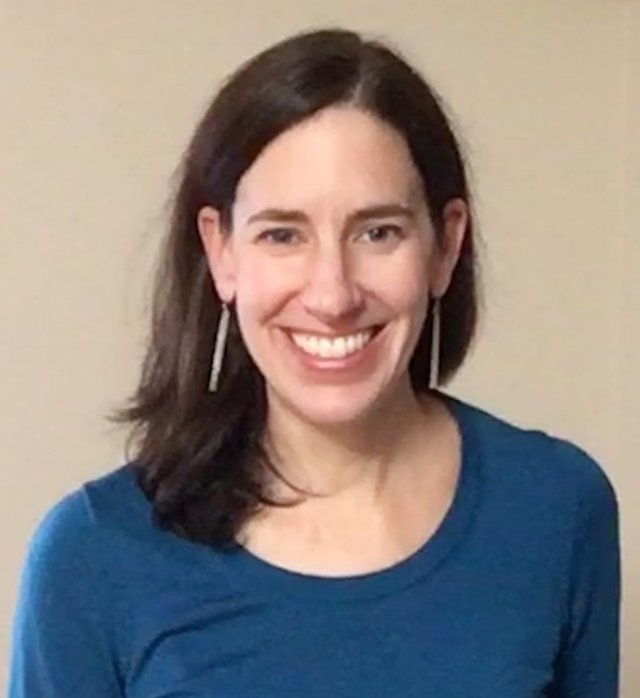Meet EPA Researcher Emily Eisenhauer, Ph.D.

Emily Eisenhauer is a sociologist and works on community resilience and social vulnerability. Emily is also the co-chair of the U.S. Global Change Research Program's Social Sciences Coordinating Committee, working on integrating social sciences more fully in the National Climate Assessment.
What research are you working on right now?
I’m working with a team at EPA on developing an approach to community resilience planning for local areas to use to identify urgent vulnerabilities in multiple sectors, including social vulnerability and social dimensions of resilience like building relationships and addressing trauma.
How does your science matter?
Social sciences help us understand how people are affected by the environment and environmental problems, what matters to people and why, and what works and what doesn’t. They’re critical to translating our research into workable solutions.
Tell us about your background.
I grew up in FL and got my Ph.D. in sociology at Florida International University in Miami. I was trained in both qualitative and quantitative research, an anthropological and geographical methods as well. In most of my research I worked closely with community based organizations on issues impacting low-income residents and workers such as housing and economic issues.
When did you first know you wanted to be a scientist?
I was always interested in understanding history, and learning about different cultures. Living in Miami I found learning about how immigration and the different cultures shaped the local economy and social dynamics fascinating, so I decided to study sociology because I felt like that knowledge and skillset could be applied to help understand and address social issues.
What do you like most about your research?
The opportunity to work with smart, committed people, and to apply the research experiences I gained in Florida to projects on climate resilience.
If you weren’t a scientist, what would you be doing?
I’d probably be a interpreter – I love learning different languages and sayings. For example, in German there are a bunch of ways to say something is boring, like “It’s dead pants here.”
What advice would you give a student interested in a career in science?
Finding opportunities to work with scientists from different disciplines is great experience and really valuable for getting different perspectives on a problem, and helps you be more creative.
If you could have dinner with any scientist, past or present, who would you choose and what would you talk about?
Jennifer Raff, who is an anthropological geneticist – I’d ask her to fill me in on all the fascinating developments recently in our understanding of the complexity of human evolution, and what our genes tell us about our history migrating around this planet.
What do you think is our biggest scientific challenge in the next 20/50/100 years?
Addressing climate change in a way that promotes a healthy society, broadly speaking. Creating knowledge that promotes not just technological and scientific progress but increases equity and well-being.
Editor's Note: The opinions expressed herein are those of the researcher alone. EPA does not endorse the opinions or positions expressed.
